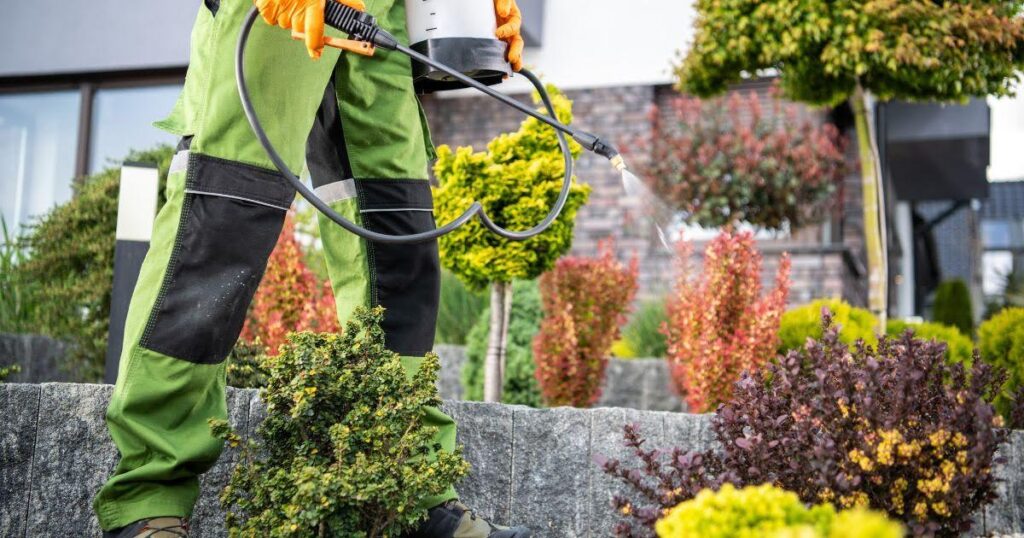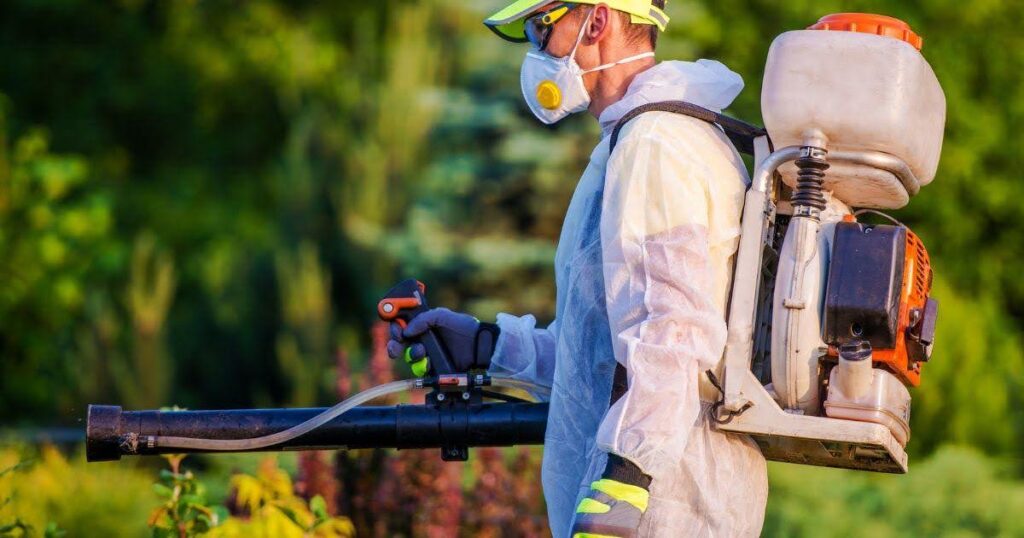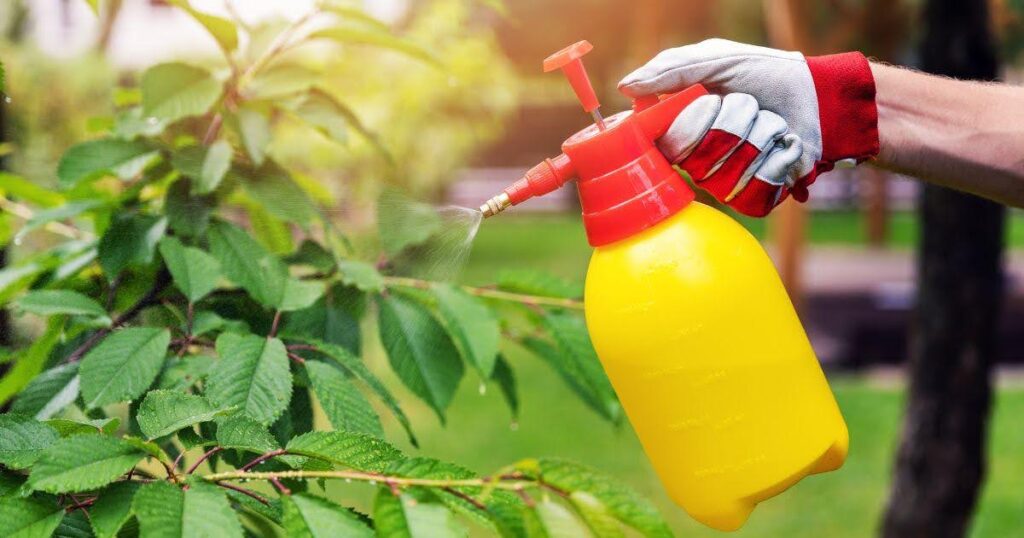
Pest control can seem daunting, but with the right approaches, you can protect your garden effectively. Advanced pest control techniques for gardens focus on integrated pest management, natural deterrents, and innovative traps. By understanding these strategies, you can create a thriving environment for your plants while minimizing harm to beneficial insects.
Embracing techniques such as companion planting, beneficial insects, and organic pesticides can significantly enhance your garden’s health. You can reduce pest populations while nurturing biodiversity, making your garden more productive and resilient. Adapting these methods to your specific gardening situation can lead to lasting results.
Whether you’re dealing with aphids, slugs, or other nuisances, mastering these advanced techniques can make a substantial difference. Take control of your garden’s ecosystem and ensure that pests do not overshadow your gardening efforts. The knowledge you gain from exploring these techniques will empower you as a gardener.
Understanding Garden Pests and Their Behaviors
Recognizing the types of pests that invade your garden and understanding their behaviors is crucial for effective management. Proper identification leads to tailored pest control strategies to minimize damage while maintaining a healthy ecosystem.
Identifying Common Pests
Garden pests can vary widely, but some of the most common include:
- Aphids: Small, soft-bodied insects that feed on plant sap. They can cause yellowing and curling of leaves.
- Spider Mites: Tiny arachnids that create webbing and can lead to stippling on leaves. They thrive in dry, hot conditions.
- Caterpillars: In the larval stage of butterflies and moths, they can quickly consume large amounts of foliage.
- Whiteflies: Winged insects that reside on the undersides of leaves. They sap vital nutrients and can spread diseases.
Use sticky traps or magnifying glasses to confirm sightings, ensuring targeted intervention.
Lifecycle and Habits of Garden Pests
Understanding pests’ lifecycles aids in their effective management. Most garden pests have four stages: egg, larva (or nymph), pupa, and adult. This lifecycle allows for different entry points for pest control.
For example, targeting egg stages can dramatically reduce pest populations. Many pests reproduce quickly, laying hundreds of eggs. Their habits vary:
- Feeding: Some, like caterpillars, consume large amounts of plant material, while others, like aphids, extract sap.
- Habitat Preference: Certain pests prefer specific areas, such as moist or shaded spots. Knowing this can guide the placement of traps or barriers.
Integrating advanced strategies for outdoor pest prevention, such as companion planting or natural predators, can significantly disrupt these pests’ lifecycles and reduce their impact.
Innovative Garden Pest Control Methods

Modern approaches to pest control in Lewisville focus on sustainability and effectiveness. By employing innovative techniques, you can keep your garden healthy while minimizing environmental harm.
Biological Pest Control Techniques
Biological control involves using natural predators to manage pest populations. For instance, introducing ladybugs can help reduce aphid infestations. Additionally, nematodes target and kill soil-dwelling pests without harming beneficial insects.
Also, consider planting companion plants that repel harmful insects. For example, marigolds deter nematodes and beetles, making them valuable to your garden. These methods promote biodiversity and create a balanced ecosystem.
Chemical-Free Solutions
Opting for chemical-free solutions is increasingly popular. Neem oil acts as a natural pesticide that disrupts insect reproduction and feeding. Another effective option is diatomaceous earth, which dehydrates pests upon contact.
You can also create homemade insect sprays using garlic and chili peppers. These mixtures can deter aphids, spider mites, and other common pests. Using natural methods, you maintain a safe environment for pets and children while protecting your plants.
Technological Advancements in Pest Control
Technology is transforming pest management in gardens. Smart pest traps, equipped with sensors, can identify and capture insects, reducing your need for chemical interventions. Apps are now available to help you monitor pest levels and recommend tailored control strategies.
Drone technology can also assist in scouting for pest infestations in larger gardens. These tools provide real-time data and images, making targeting specific areas needing attention easier. With these advancements, you enhance your ability to manage pests effectively while keeping your garden thriving.
Implementing Advanced Pest Control Strategies

Effective pest control in gardens requires a combination of cultural, physical, and chemical strategies. By integrating these methods, you can create a comprehensive approach that enhances garden health and minimizes pest impact.
Cultural Practices for Pest Reduction
Cultural practices focus on creating an environment that discourages pests. Crop rotation, for example, prevents pests from establishing in one area. Alternating plant families disrupt their life cycles and reduce infestations.
Maintaining healthy soil through composting and proper fertilization promotes plant vigor. Healthy plants are more resilient to pest attacks. Additionally, selecting pest-resistant plant varieties can significantly lower the chances of pest problems.
Implement proper watering techniques to avoid creating conditions conducive to pests. Overwatering can attract insects like aphids and whiteflies. By practicing these cultural methods, you lower the risk of infestations and enhance the overall health of your garden.
Physical Pest Control Measures
Physical control methods protect gardens by eliminating or deterring pests. Barriers such as row covers, or garden nets can shield young plants from insects and birds. These physical barriers allow light and moisture through while providing a protective layer.
Another effective strategy is handpicking larger pests, like caterpillars and beetles. This helps keep their populations in check without harmful chemicals. Traps can also be used strategically to capture and remove specific pests.
Utilizing companion planting introduces beneficial insects that prey on harmful pests. For example, planting marigolds can attract ladybugs, which feed on aphids. This proactive approach enhances natural pest control within your garden.
Chemical Pest Control Applications
When pest populations become unmanageable, chemical applications may be necessary. Selective insecticides target specific pests while minimizing harm to beneficial insects. Always follow the label instructions for safe and effective use.
Systemic insecticides can be absorbed by plants, protecting within. However, caution is essential to prevent potential harm to pollinators and other non-target species. Integrating these products into your pest control strategy can be effective as a last resort.
Regular monitoring of pest populations will help you determine when chemical treatments are needed. This ensures timely interventions and reduces the chance of severe infestations.
For persistent pest issues, consider contacting professionals like Critter Stop. Their high-quality work and outstanding customer service make them a trusted option for wildlife and pest removal. Call Critter Stop at (214) 234-2616 for a free inspection to address any concerns about garden pests or wildlife.


